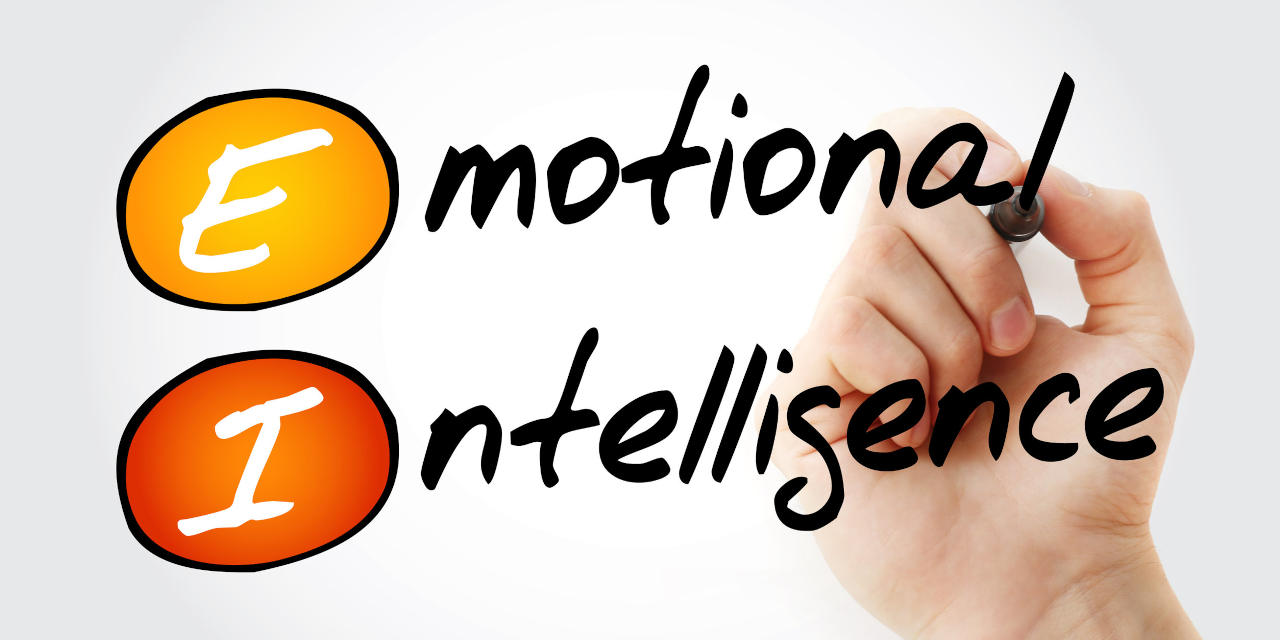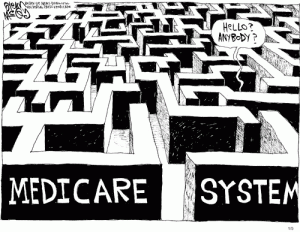By Kent Mulkey
“If your emotional abilities aren’t in hand, if you don’t have self-awareness, if you are not able to manage your distressing emotions, if you can’t have empathy and have effective relationships, then no matter how smart you are, you are not going to get very far.”
That’s what Daniel Goleman, Ph.D., says. He’s a well-known writer on leadership who wrote the bestseller Emotional Intelligence: Why It Can Matter More Than IQ. Goleman has dedicated his work to finding out what makes people successful. He says it comes down to their emotional intelligence.
An obsession of mine is trying to figure out what makes someone a successful executive director and able to stick with it over the long haul. It seems that some, if not most, don’t last long in their role in a particular community. All too soon, it is on to the next location.
Emotional Intelligence
What does emotional intelligence look like in the day-to-day world of an executive director?
Emotional stability — the ability to keep your emotions in check. The job is stressful at times, often most of the time.
At one community I managed, a toilet on the second floor overflowed and kept running for at least two hours before the residents on the first floor found a flood in their apartments. Of course, I got the call at 2 a.m. to get to the building ASAP to address the situation. Water and soaked floors spread to about five apartments on the first floor. One resident died from the trauma of being displaced. The cleanup took close to three months, as walls and ceilings were ruined and had to be replaced. It was a huge test of how I would manage myself throughout the process. Your people are watching. I did not handle it perfectly.
Social skills — how well you manage people in a wide variety of situations. There may be a resident at the front desk who demands to talk with you while you just found out that an employee called off from their shift and a vendor is waiting to be paid for the housekeeping supplies. There is almost no way to manage this situation perfectly, but ask yourself if you are growing in your skills to manage situations like these.
Planning ahead — taking the initiative to grow personally and professionally. I cannot count how much of my own money I have spent over the years attending seminars and training to bolster my knowledge and skills. I knew that making it for the long haul would require a ton of my outside time and study. Contrary to conventional thinking, the community never runs on its own, and the job does not get easier over time.
Empathy. You may already know that the ability to be empathic is the No. 1 buzz right now in the business world. The good news is that, as Dev Patnaik’s book title, Wired to Care, suggests, we all have an innate ability to be empathic, which simply means the ability to see the world from another’s perspective. Amid all the busyness and hectic world around you, slow down to understand the perspective of the other person. Even a short conversation will put you miles ahead in leading people.
With dedication and commitment, you can be just as successful as — if not more successful than — your colleagues who are lacking the resilience to make it in the exceptionally difficult role of an executive director.








